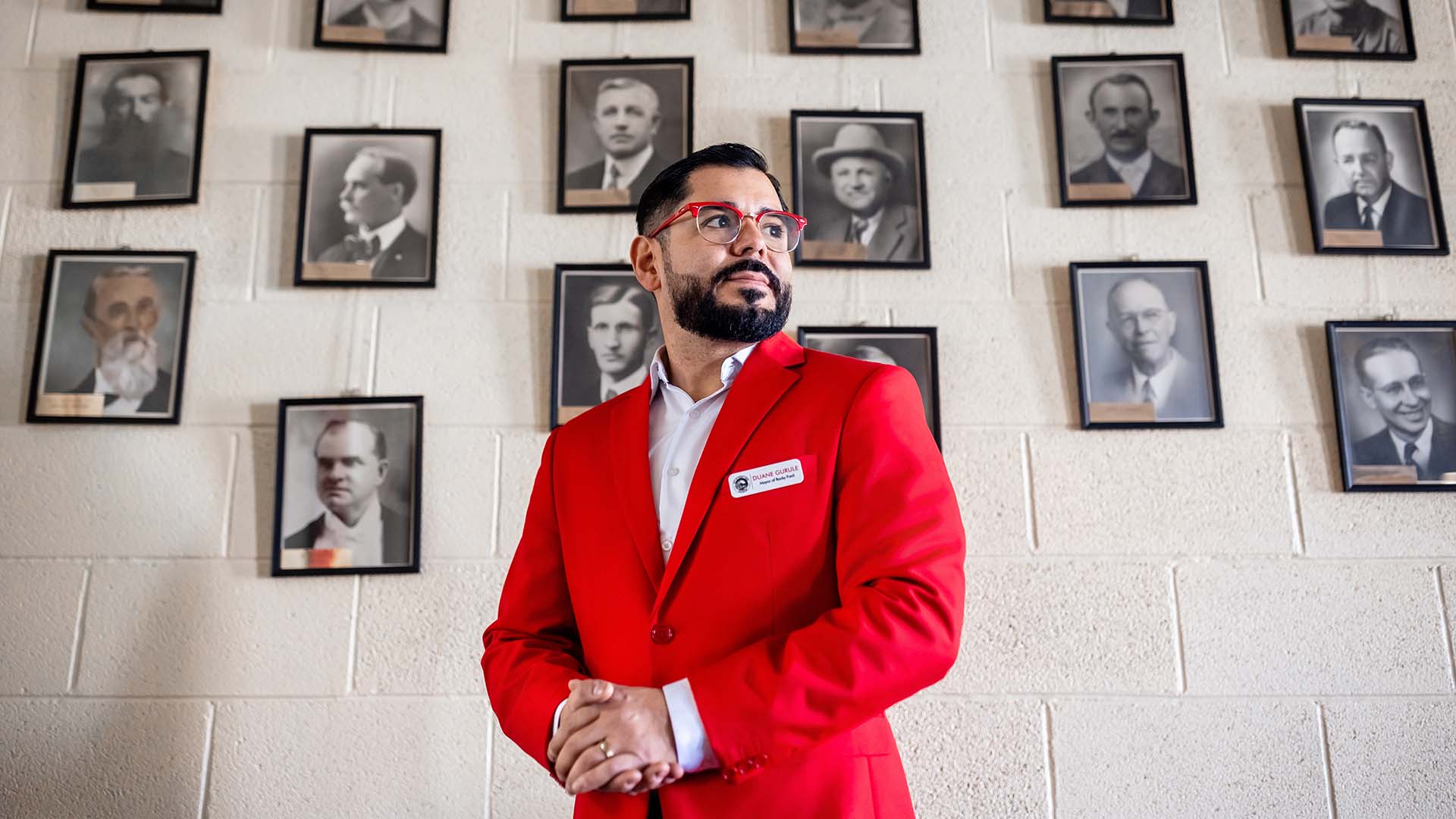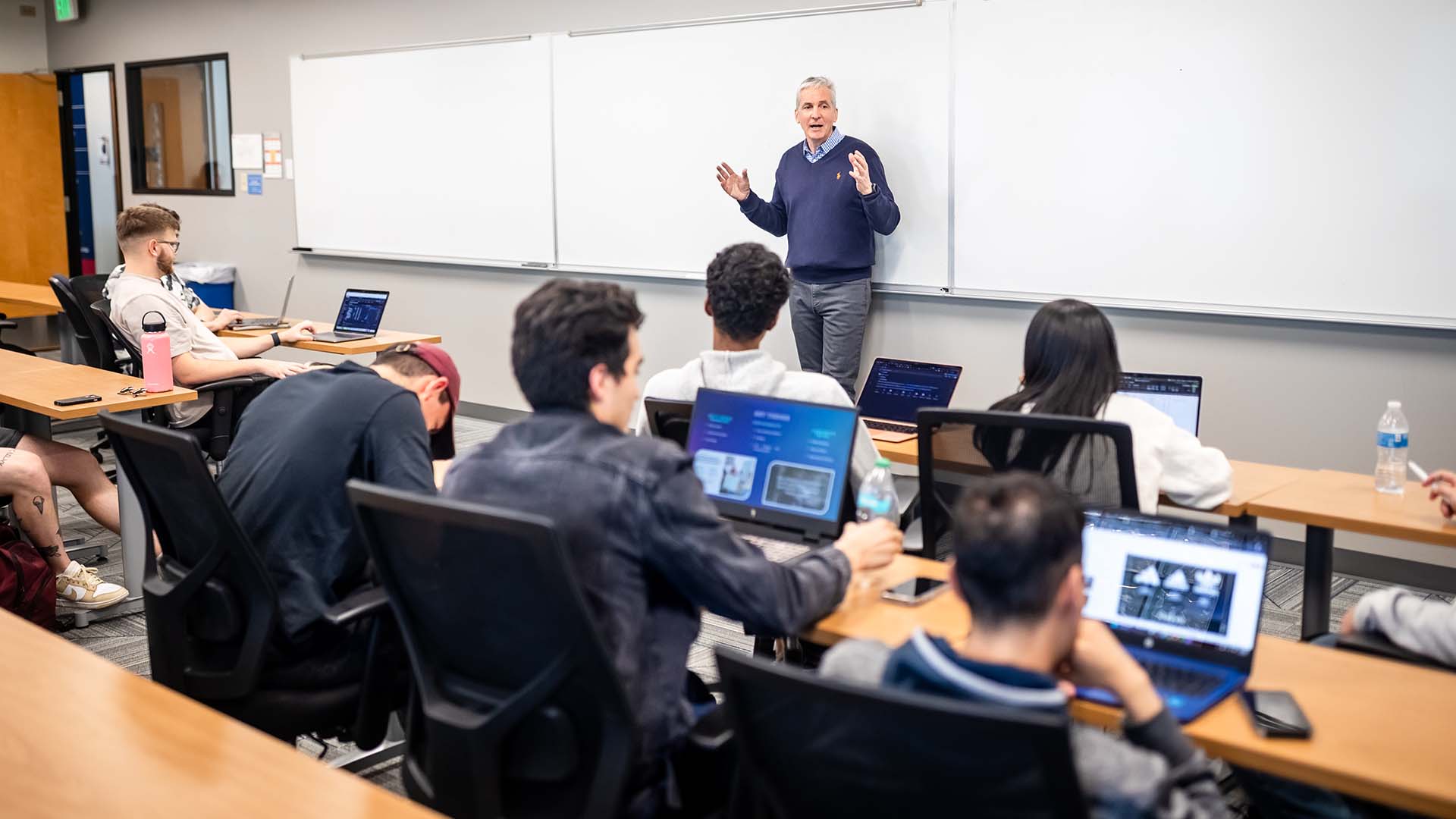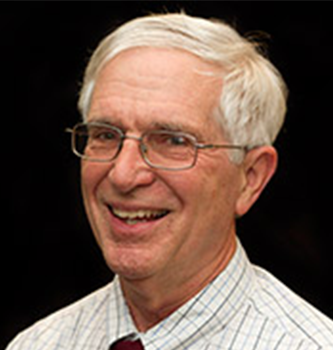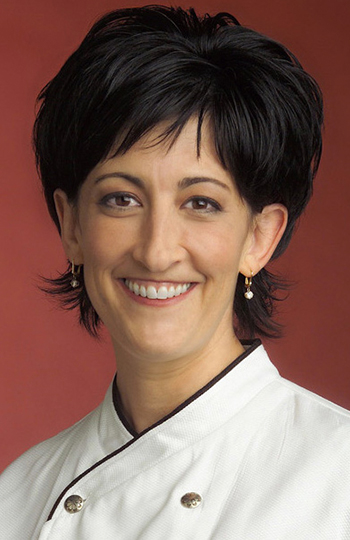The Point of community and coffee
Protests and a global pandemic have not stopped coffee-shop owner Ryan Cobbins from serving up a positive space for important conversations.
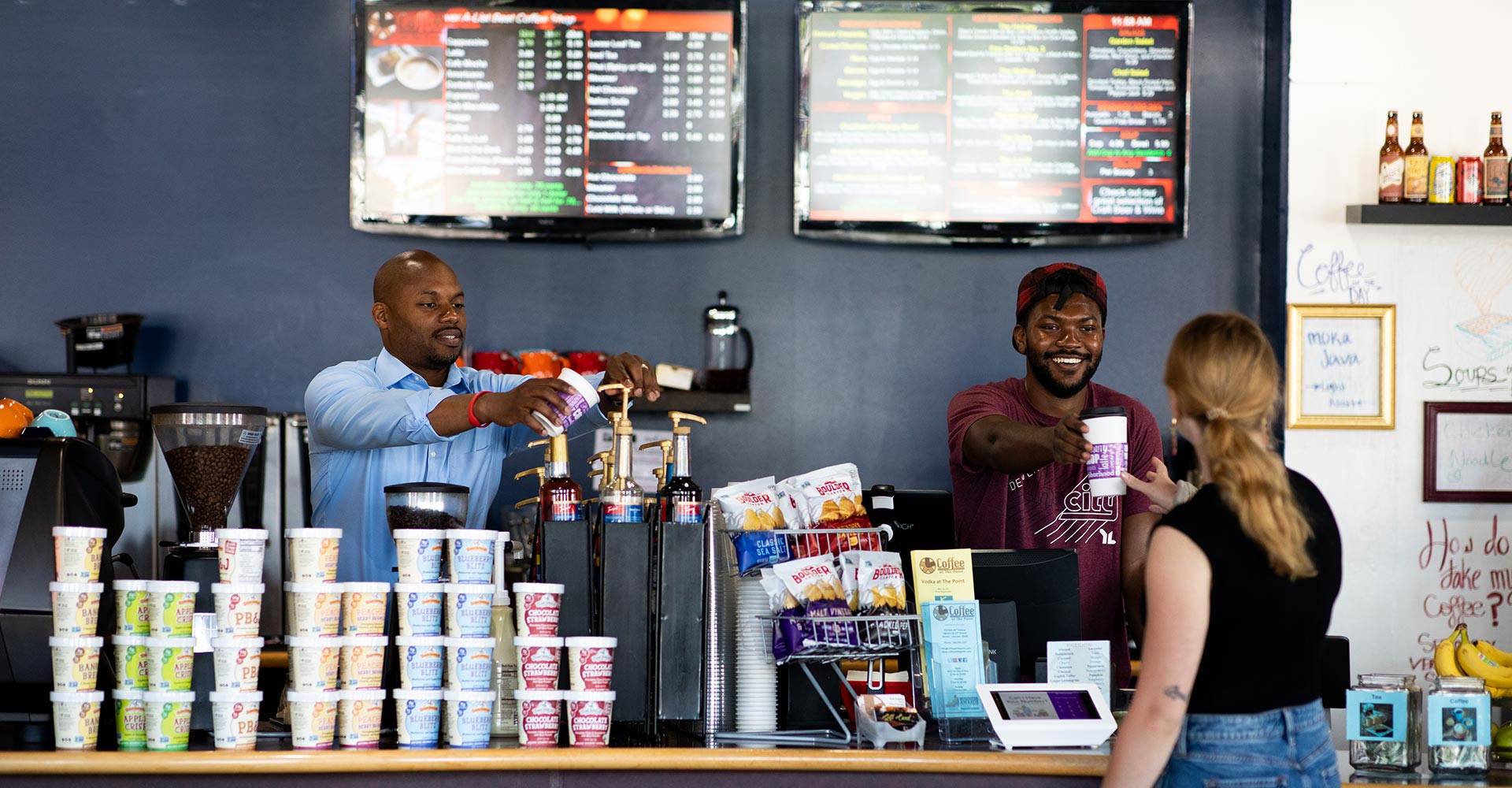
Ryan Cobbins never planned to open Coffee at The Point, a bustling café that has become a popular community gathering place in Denver’s Five Points neighborhood.
The Virginia native recalls talking with his wife years ago about a vacant commercial space next to their home.
“I remember her saying I should take over the space. I think she said it as a joke – but I took it as a challenge,” said Cobbins, a 1999 graduate of Metropolitan State University of Denver, who appreciates not only the flexibility of being his own boss but the challenges he must overcome to succeed.
“The thing I’ve enjoyed the most is the challenges,” he said.

Like small-business owners across the country, Cobbins has faced enormous challenges in the face of a global pandemic that closed Coffee at The Point to in-person dining for several months this year. Sales fell by 80%, with half of Cobbins’ staff self-quarantining due to concerns about the coronavirus or because they live with older relatives.
“It has been tough, but for the last 10 years it has been tough; the first seven years were even tougher,” said Cobbins, who earned his bachelor’s degree in Information Systems and Management Science at MSU Denver. “The pain now is recognized by understanding this isn’t just something happening in Denver or just my business. It’s a worldwide pandemic. There is not much I can complain about when this is something affecting other (people).”
Opened in 2010, Coffee at The Point specializes in coffee, tea, gelato, breakfast, salads and community spirit. More than 100 community meetings and group reservations were on the books when the coffee shop closed in March.
“Coffee has the ability to bring people together and have discussions about different topics. (Opening Coffee at The Point) was about creating a positive space in the neighborhood,” said Cobbins.
Shortly after the café reopened with in-person services in May, many of the discussions in that positive space have centered on racial justice and protests sparked by the death of George Floyd, an African American man who died in Minneapolis while in police custody last month.

Cobbins, who is African American, said dialogue is key to responding to the tension surrounding Floyd’s death. And those conversations, he added, shouldn’t necessarily happen among people who think alike but should occur among those who have different views.
“I think that is how change will come about,” he said.
As the national conversation about racial justice continues, more people want to support Black-owned businesses, like his, Cobbins said. But he doesn’t want people coming to Coffee at The Point just because he is Black.
“When people ask if we’re Black-owned, I don’t know how to answer that. If you’re Black-owned, they’ll come visit you once every six months when in reality we need folks to come daily, weekly or monthly in order to be sustainable,” Cobbins said.
“I appreciate the people that come once every six months; I do. But I don’t want you coming to my shop because it’s Black-owned,” he said. “I want you coming because our food is great and our staff will treat you with love and respect.”

